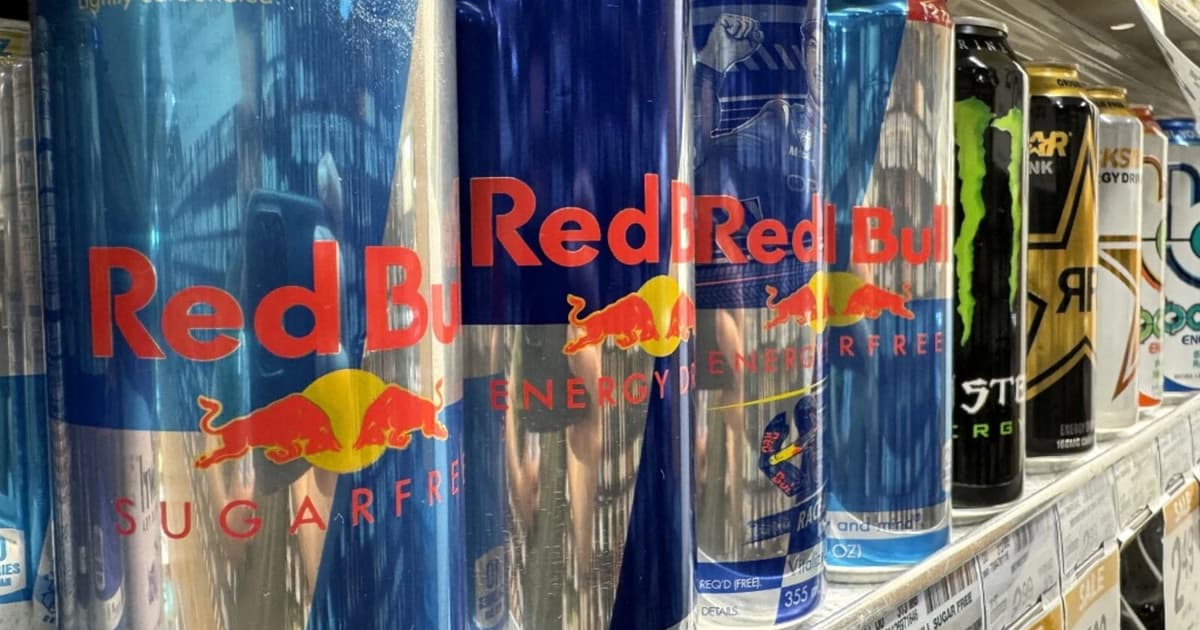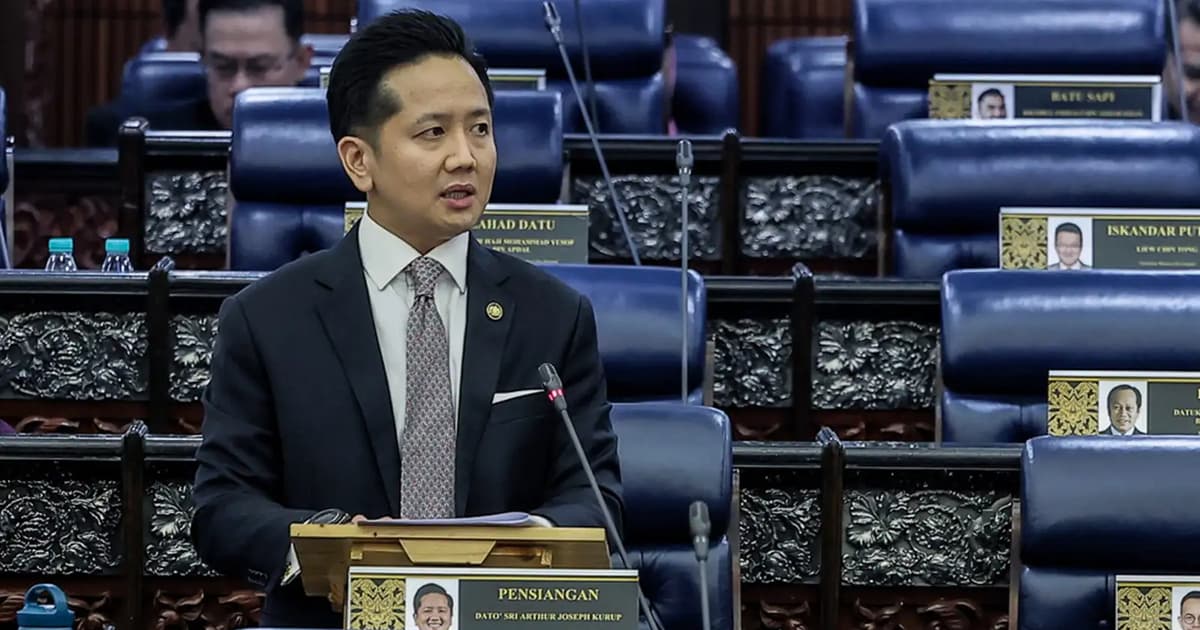Caffeine Warning Labels for Drinks with High Levels of Caffeine
Regulation on Caffeine Content
In recent years, there has been an increasing focus on the regulation of caffeine content in beverages, particularly those that are marketed towards children. According to current guidelines, any drink containing more than 150mg of caffeine per litre is required to have a warning label indicating that it is not recommended for children.
Concerns about Caffeine Consumption
Caffeine is a stimulant that can have various effects on the human body, including increased alertness and improved concentration. However, excessive consumption of caffeine, especially by children, can lead to negative health consequences. These may include disrupted sleep patterns, increased heart rate, and even potential negative effects on developing brains.
Impact on Children’s Health
The decision to mandate warning labels on beverages with high caffeine content is based on concerns about the potential impact on children’s health. Children are more sensitive to the effects of caffeine due to their smaller body size and developing systems. Excessive caffeine consumption can disrupt their natural sleep patterns, leading to fatigue and irritability.
Regulatory Compliance
Manufacturers and distributors of beverages are required to comply with the regulations regarding caffeine content and warning labels. Failure to do so can result in legal consequences and fines. By providing clear warning labels on products with high levels of caffeine, companies are helping to inform consumers, particularly parents, about the potential risks associated with these beverages.
Consumer Awareness
The presence of warning labels on drinks with high levels of caffeine serves as a reminder to consumers to be mindful of their caffeine intake, especially when it comes to children. Parents are encouraged to read labels carefully and make informed decisions about the beverages they offer to their children. Educating consumers about the potential risks of excessive caffeine consumption is essential in promoting overall health and well-being.
Educational Initiatives
In addition to warning labels, educational initiatives aimed at raising awareness about the effects of caffeine on children’s health are also crucial. Schools, healthcare providers, and community organizations play a vital role in educating parents and children about the importance of moderation when it comes to caffeine consumption. By working together to promote healthy habits, stakeholders can help reduce the risk of negative health outcomes related to excessive caffeine consumption.
Conclusion
Overall, the requirement for warning labels on beverages with high levels of caffeine is a step towards promoting consumer awareness and protecting children’s health. By providing clear information about the potential risks associated with these products, regulators are taking proactive measures to address concerns about excessive caffeine consumption. It is essential for all stakeholders, including manufacturers, consumers, and educators, to work together to ensure that children are not exposed to unnecessary health risks due to excessive caffeine intake.
Source
This article is written in response to original article.










